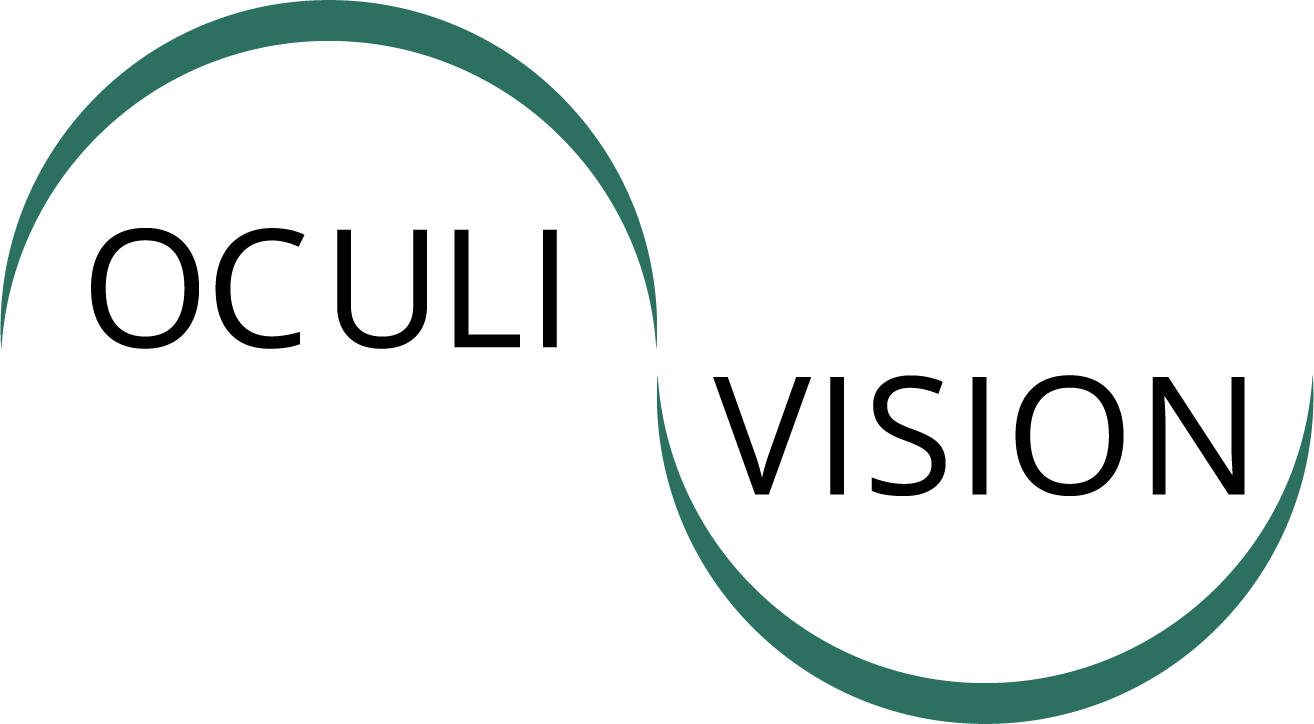There are many different terms for professionals who work in vision care. If you are unfamiliar with the industry, it can be tough to tell them apart. One of the most frequent questions we hear is, “What is an optometrist?” Patients are often curious about the education these professionals receive and what their daily duties are. Let’s take a closer look at optometry and clear up any uncertainty surrounding this key position.
What Is an Optometrist?
An optometrist is a healthcare professional who provides for your primary vision care. Just as your doctor is a general practitioner who attends to your overall healthcare, an optometrist attends to your overall vision needs. This person is your go-to for periodic vision screenings and comprehensive eye exams.
Optometrists perform eye examinations and vision tests to determine the health of your eyes. They are able to write prescriptions for glasses, contacts, and medications for the treatment of eye diseases. An optometrist also typically works to detect abnormalities in your eyes that may need attention.
Your optometrist will likely ask about your medical history and any vision issues you’re having. They may conduct various test to assess the function of your eyes. For instance, they may do a visual acuity test to see if you need corrective lenses. This common test involves reading lines of an eye chart from top to bottom. They will ask you to cover one eye and work your way from the largest to smallest letters. The optometrist may then conduct a refraction test to fine-tune your prescription using different strengths of lenses.
Is An Optometrist a Doctor?
Many people assume that optometrists are medical doctors. However, this isn’t the case (that would be an ophthalmologist, who attends medical school). Instead, optometrists have a Doctor of Optometry, which is instead earned at optometry school.
An optometrist must complete their undergraduate education in science or pre-med then apply for optometry school. There they complete four years of specialized education. They study the anatomy and physiology of the eye and the process of vision. They will also learn about common diseases and conditions that affect vision as well as their associated treatments. Much of optometry school is practical application of material through work in university eye clinics or externships.
After graduation from optometry school, a student must then pass the National Board of Examiners in Optometry (NBEO) Exams. The NBEO is an independent, nonprofit organization that conducts universal, internationally accepted examinations of optometry school graduates. Their exams are rigorous hands-on assessments of skills and knowledge needed to practice optometry. Students who pass NBEO exams are then considered licensed optometrists.
What Would I See an Optometrist For?
You will typically see an optometrist for your basic vision needs. This includes annual vision exams and the prescription of corrective measures. Optometrists are also your go-to for common issues such as eye pain, blurred vision, and irritated eyes.
An optometrist is generally the professional who you would see for the treatment of a wide range of common eye conditions. These include things such as glaucoma, macular degeneration, cataracts, and retinopathy. In short, an optometrist typically deals with all vision-related concerns that don’t require surgery or extensive medical treatment. For these conditions, you would see an ophthalmologist
Final Thoughts
Optometrists specialize in various vision care practices. They’re well-educated and licensed to perform accurate assessments of their patients’ eye health. Optometrists can often diagnose most eye conditions and write prescriptions for appropriate corrective treatment. If you’re in need of an optometrist for regular eye exams, we encourage you to reach out and contact us today. We’re always happy to accept new patients and discuss their unique needs together.

